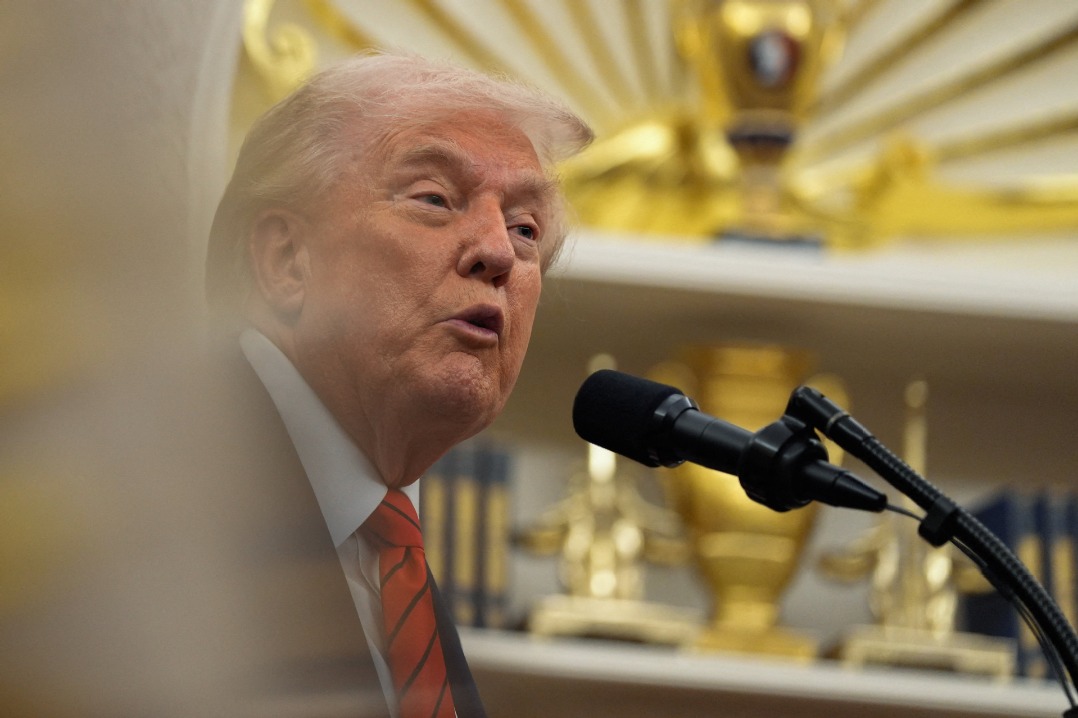One state, two divergent approaches to prejudice

The chancellor of the University of California in Berkeley has taken a proactive stance against anti-Asian sentiment on campus.
The incident that prompted Chancellor Carol Christ to send a campuswide email occurred in the College of Engineering.
According to Vice-Chancellor for Research Randy Katz, some “insensitive” comments were made about a faculty member’s ethnicity and were reported to university officials.
Asian and Middle Eastern student communities expressed “discomfort, tension and a general lack of safety” and they also requested that the university take steps to support international students.
“Let us be clear that comments of this sort breed hurt and distrust, discriminate against members of our community, and run counter to our well-established Principles of Community,” Christ’s email said.
Ling-Chi Wang, professor emeritus in Asian-American and Asian diaspora studies at UC Berkeley, explained how “anti-Chinese prejudice actually permeates the whole US, from the time of George Washington all the way to the present day” and may contribute to incidents such as this one (on campus).
“Berkeley holds a very special place in the minds of Chinese Americans because while all the other universities were denying admission to them (during the Cold War), Berkeley never closed its doors,” he said.
The chancellor reaffirmed that the university remains open to people from all over the world and asked that “you continue to make all members of our community feel welcome and respected”.
Meanwhile, “please be mindful that even off-hand remarks made in jest can be harmful to building the inclusive environment we wish to have on campus”, she wrote.
Christ highlighted “an automatic suspicion of people based on their national origin can lead to terrible injustices”, as California’s own dark history teaches us.
“At a time when national security issues involving foreign countries make the front pages of our newspapers, it is critical that we not become any less welcoming to students, staff, faculty, visiting scholars, and other members of our community who come from those countries, or for whom those countries are an ancestral home.”
Those sentiments contrast with a report released in November by researchers at the Hoover Institution at neighbor Stanford University. The report stereotyped Asian Americans as a collective threat to American “national security”.
The report, titled, “Chinese Influence & American Interests: Promoting Constructive Vigilance”, was released on Nov 29, and contains findings from research conducted jointly by the Hoover Institution and the Asia Society.
At more than 200 pages and compiled by the US’ leading China specialists, the report examines China’s efforts to “influence the entire American system”.
The Hoover report drew pointed criticism from a wide range of opinion leaders.
David Lampton, research scholar at Stanford’s Shorenstein Asia-Pacific Research Center, said the report is “not balanced” and “overstates the threats”.
Susan Shirk, a professor at the University of California, San Diego, and former US deputy assistant secretary of state, expressed concern about “the report’s overall inflated assessment” — the cumulative effect of the expansive inventory that blurs legitimate with illegitimate activities — is to “overstate the threat that China today poses to the American way of life”.
Contact the writer at junechang@chinadailyusa.com

































